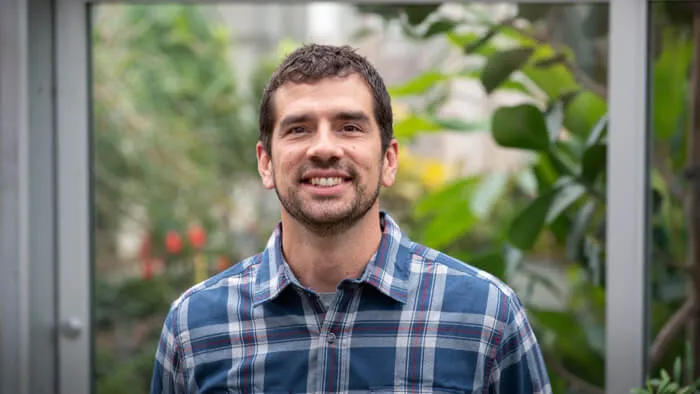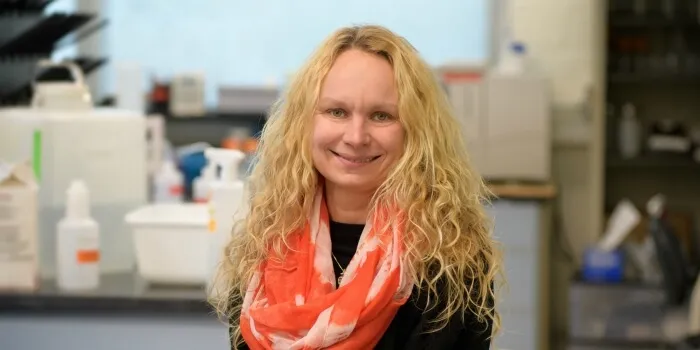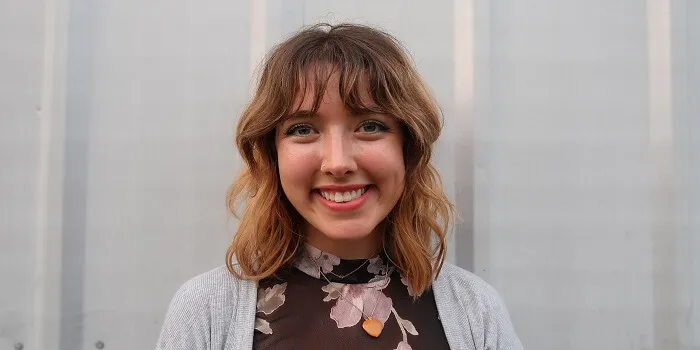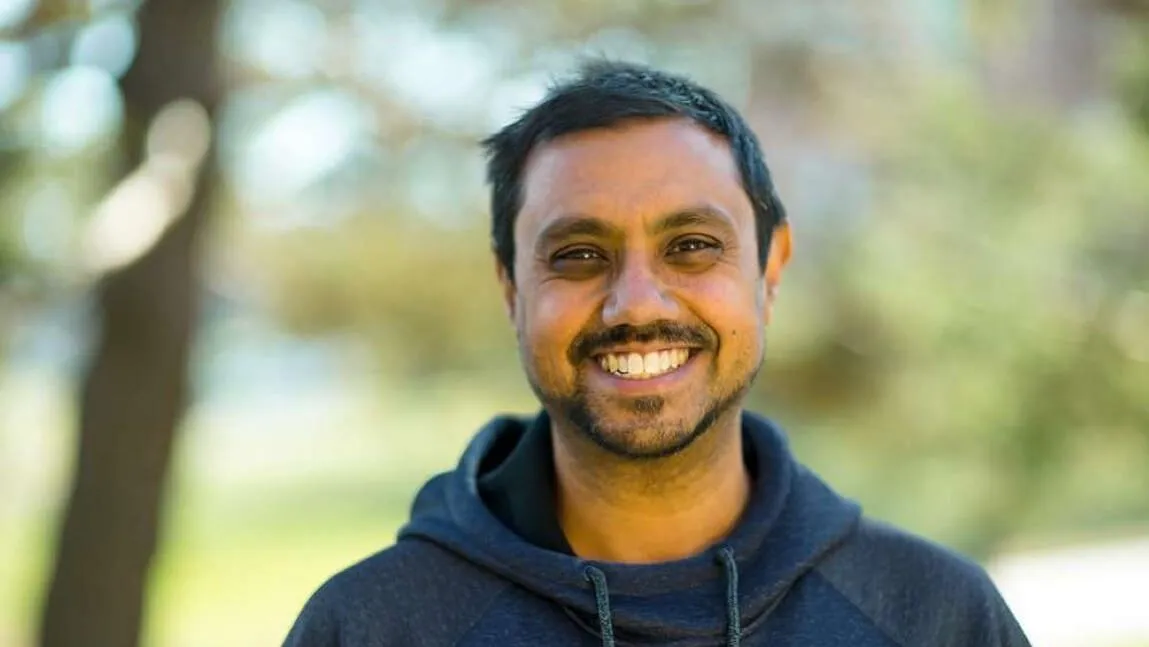Joshua Faulkner is a Research Assistant Professor and was recently named the Interim Director of the UVM Extension Center for Sustainable Agriculture. Joshua earned his MA and Ph.D. in Biological Environmental Engineering from Cornell University. He joined UVM in 2013. Joshua’s experience and expertise focus on agricultural hydrology and agricultural systems’ impacts on the water quality of the abutting environment.
1. What current food systems research are you conducting?
Much of my food systems work is focused on how our agricultural production systems impact water quality, as well as how our farming systems in Vermont and the Northeast can become more resilient to the effects of climate change. I see these two research areas as being tightly linked, due to how our changing precipitation patterns are resulting in more challenging growing conditions as well increased risk of soil and nutrient runoff from farms. I have research at the watershed-scale that is asking how well our federal agricultural conservation policies and programs are working at curbing nutrient inputs to Lake Champlain, all the way down to the bench-scale where we are looking at the mechanisms by which phosphorus is cycled and how it is lost to water moving through or across the soil. Another central theme of my food systems research is soil health, and how it can potentially help with climate change adaptation and mitigation, and to what degree it has an influence on water quality. I am probably most excited about one current project that is measuring effects of advanced soil health management systems on surface and subsurface water quality, changes in soil health, deep soil carbon sequestration, as well as GHG emissions. To my knowledge, this is one of the first projects in the country that will include all these factors in a single study in a rigorous way.
2. What got you interested in food systems research?
I love food, and understanding how that food was produced. That production piece is such a large piece of the food systems equation and therefore has tremendous potential to affect the environment. I wanted to use my skills and training as an engineer to get involved in ensuring that the environmental effect was minimized, and that food production can continue to be viable in our region despite a changing climate.
3. How is your FSRC-funded research impacting Vermonters?
My FSRC-funded research is currently working to help keep phosphorus out of Lake Champlain, which has an indisputable direct effect on our environment It also has an indirect effect on making sure Vermont farmers can continue to make a livelihood from working the land and that our state remains an incredible place for tourists to come and visit and contribute to our economy.
4. Where do you see the role of your field in expanding research on food systems at UVM and beyond?
I hope that my research will help contribute to the need for more very applied and localized research on soil and water science within regional food systems. Our farmers deal with specific soils and climate, and use certain practices, that are unique to our region and the Northeastern food system. We should not expect research from the Midwest or Southeast or elsewhere in the country to necessarily apply to our food production systems.
5. What is something about you people would be surprised to learn?
Despite living in VT for almost 10 years, I’m just not that into maple syrup.
6. What’s your favorite thing about living in Vermont?
Being in a small state with a strong sense of community that values agriculture.
7. What TV show, band/artist, podcast, video game, book, and/or anything are you most obsessed with right now?
I have some woodworking projects underway and have been completely inspired by the Greene and Greene style of interior details and furniture (it is worth Googling, if you’ve never heard of it). As a result, I have recently been scouring books, shop drawings, photos, etc.



